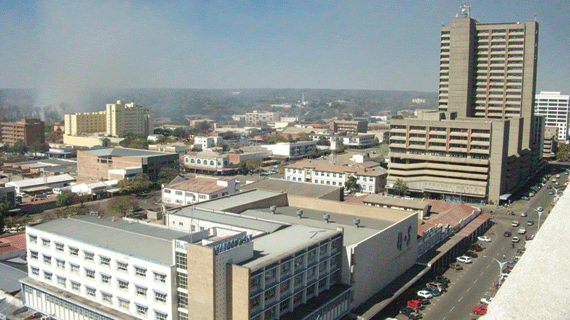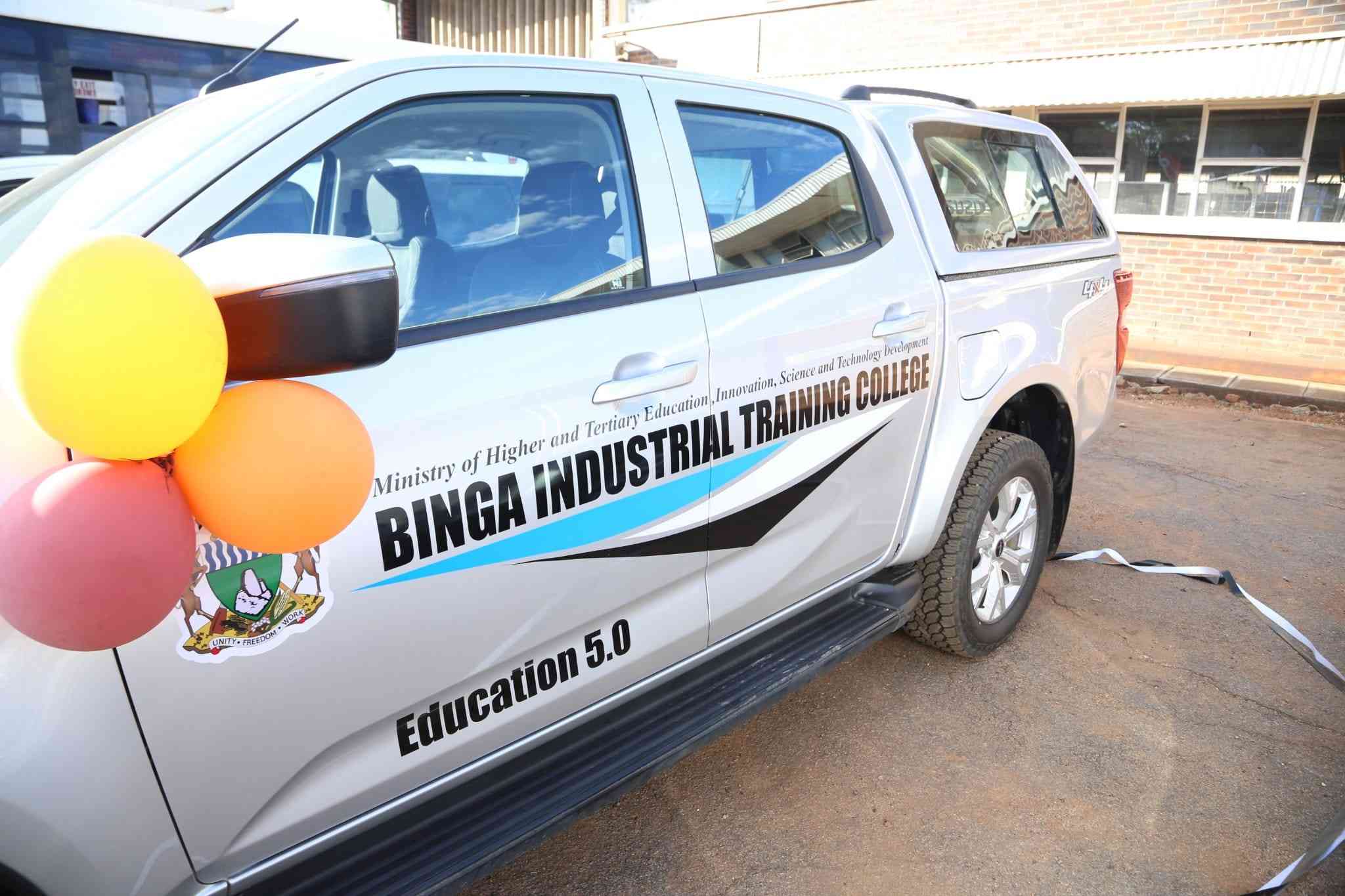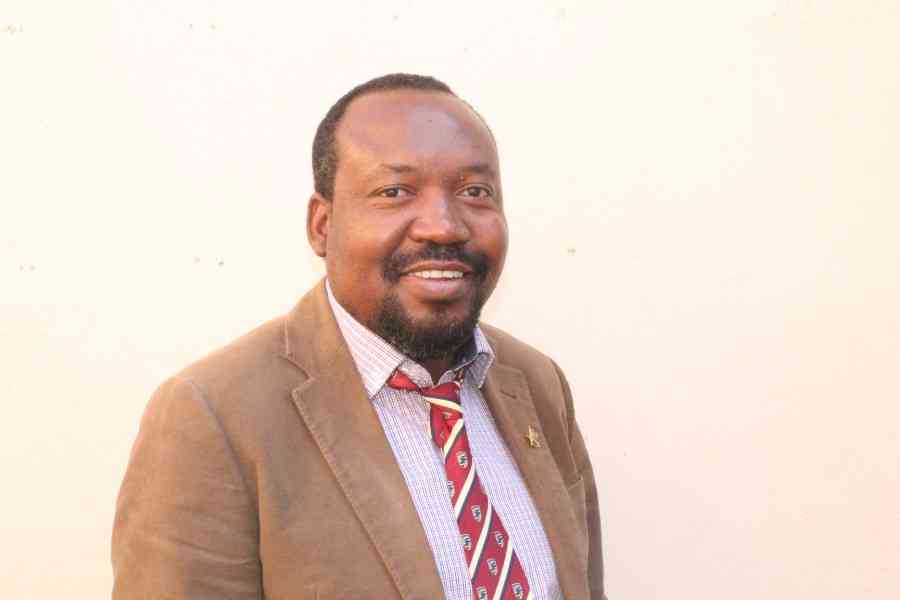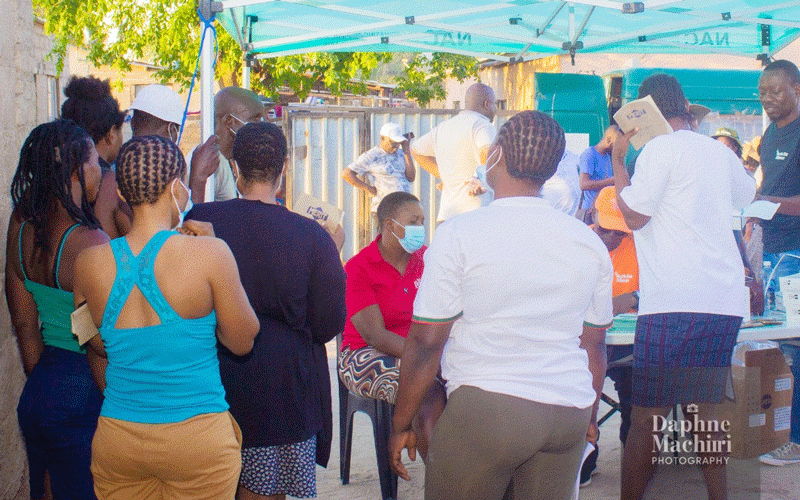
THE Bulawayo City Council (BCC) should acknowledge and formalise the work of waste collectors who are helping to keep city streets clean, ward 5 councillor Dumisani Nkomo has said.
Addressing a full council meeting recently, Nkomo said the local authority should recognise “the non-formal waste pickers”.
“There are quite a number of them who are not in the system, so we have to integrate them into our waste management policies and by-laws. This is mainly because they play a key role in keeping the city clean,” he said.
The local authority, like several other councils across Zimbabwe, perennially battles to clear growing mounds of garbage accumulating on streets, open spaces and in sanitary lanes.
Waste collectors have, however, been Godsend as they collect for free the garbage for resale and recycling.
Last month, Bulawayo deputy mayor Edwin Ndlovu urged waste collectors to formalise their co-operatives for them to be recognised during policy formulation by the local authority.
Ndlovu said this would make it easy for the local authority to engage them formally on matters that affect them.
The Matabeleland Institute for Human Rights (MIHR) has also called on the Bulawayo city fathers to craft policies that serve the interests of waste collectors. MIHR has since launched a project called Bulawayo Women’s Waste Café Project to develop a pilot gender responsive human rights-based approach to protect and promote women and girl waste pickers in the country.
- Byo residents condemn council directive on swimming pools
- BCC acts on mosquito menace
- Ema, civic group in joint clean-up exercise
- Names vanish from voters roll
Keep Reading
Speaking on other matters related to waste management, Nkomo commended the fining of 11 residents for litter-related offences.
“But when you look at the city it is still very dirty. I, therefore, propose that we strengthen our enforcement because you will find people throwing litter everywhere. (Either) we do patrols or we compel business owners to make sure those areas are clean,” he said.
He suggested that the city adopts the Clean Cities Index so that its cleanliness is constantly measured.
“So first of all, it’s the issue of enforcement. Surely, with all this litter we need to have more enforcement. Number two is we need a measurable way of cleanliness of the city.
“I know internationally we have the Clean Cities Index which measures how a city is clean. We have reported well on the number of street sweepers and so forth. If possible, can we have such an index in the city so that we measure the cleanliness of the city per street. I mean that will help us in actually measuring if we are becoming cleaner or we are actually leaving a lot of activities in this cleanliness,” he added.









